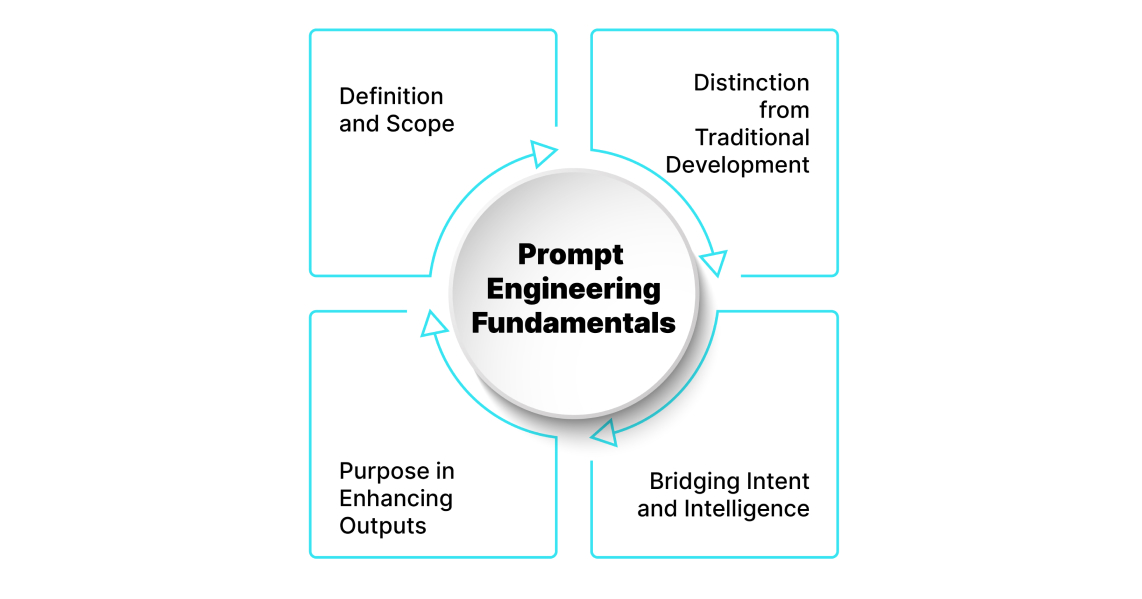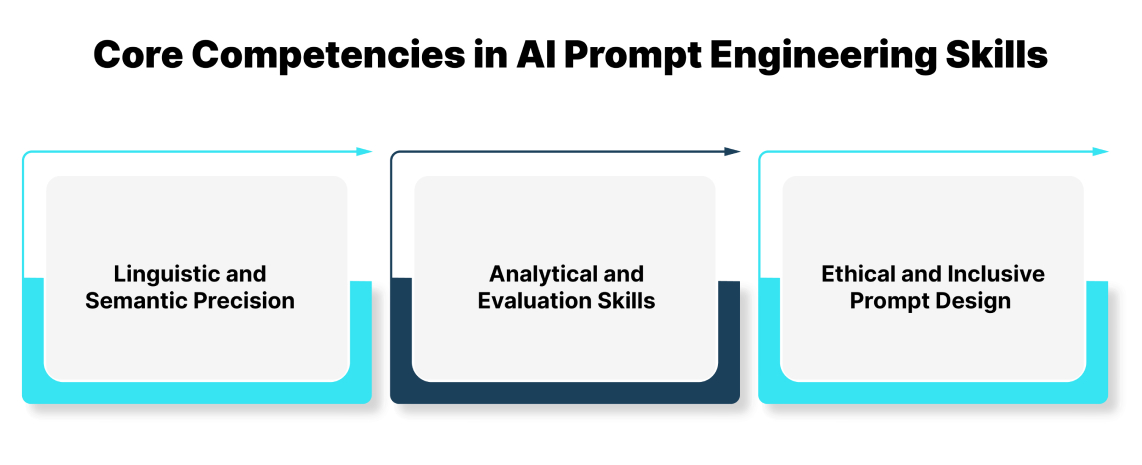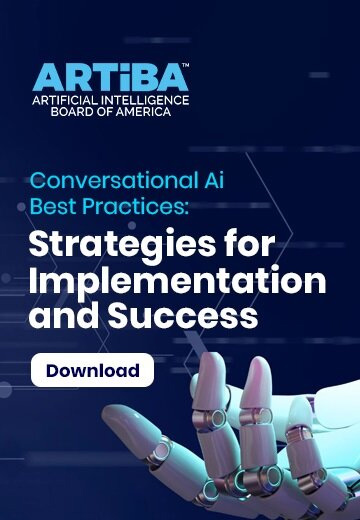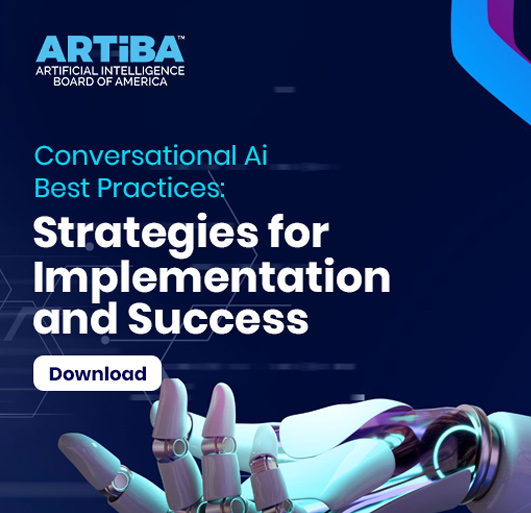Rights & Mandate
The Artificial Intelligence Board of America (ARTiBA) is an independent certification body that validates professional capabilities and technical knowledge in artificial intelligence and related domains. No external or third-party service provider, partner, or associate of ARTiBA plays any role in certification award decisions. ARTiBA does not develop, market, or promote any platform, technology, or tool related to artificial intelligence applications. ARTiBA and its associates reserve the right to modify and revise schedules, fee structures, knowledge modules, assessments, and delivery structures of any program without prior notice to prospective or registered candidates. Furthermore, ARTiBA and its associates reserve the right to admit or accept applicants to the programs offered by them.
Independence & Third-Party Associations
All programs, products, services, benefits, plans, etc., related to training, education, content, or marketing are designed and executed by third-party organizations. ARTiBA has no linkages whatsoever with organizations or individuals offering training or examination preparation services. ARTiBA reserves complete rights to involve third-party organizations in the management of business, knowledge, content, operations, and backend processes related to customer relationships, customer support, logistics, partner networks, and invoicing. These processes are collaboratively managed among the globally distributed offices of multiple specialist third-party service providers. ARTiBA may remove or replace, at any point in time, any of its vendors, associates, or partners found to be engaged in unethical business practices, in order to protect the interests of its customers and maintain the highest standards of service delivery.
Third-Party Intellectual Property
ARTiBA recognizes the contributions of other organizations, companies, institutions, individuals, technologies, brands, platforms, products, and more in the field of artificial intelligence. It uses their names and logos on its websites, collateral, newsletters, and other communication materials solely to highlight their relevance to professionals and the industry. ARTiBA does not use these names and logos to promote its certifications or services. Their use is permitted only if the name(s)/brand(s) of people or products in question have made a generic contribution to the science of artificial intelligence and machine learning globally. The names and logos of products, brands, technologies, and organizations mentioned on this website are trademarks and properties of their respective owners. Their use on this website is for informational purposes only. If any organization or institution wishes to have its name or logo removed from ARTiBA websites, platforms, or other materials, they may contact us.
No Guarantees
As the field of artificial intelligence continues to evolve, ARTiBA does not claim its knowledge framework—which includes skills, knowledge, and competencies—is perfect or complete. ARTiBA aims to support technologists and professionals in excelling at their jobs but does not guarantee success or excellence in using any of its concepts, products, or services. None of the programs offered by ARTiBA or its associates lead to university-equivalent degrees. All information and infographics presented on this website have been carefully scrutinized and validated. However, ARTiBA accepts no responsibility for the accuracy or consequences of using this information. Any facts or figures relating to the future of industries, markets, products, or professions, as well as ARTiBA’s own estimates, are forward-looking projections based entirely on current extrapolations. ARTiBA shares these projections in good faith and with sincere judgment, but does not claim them to be precise or factual representations of the future.
Affirmative Action & Equal Opportunity
ARTiBA is committed to promoting equal opportunity and strictly prohibits discrimination based on race, color, sex, sexual orientation, gender identity, religion, age, national or ethnic origin, political beliefs, status, or disability. This policy applies to all aspects of admission, access, treatment, and employment in ARTiBA programs and activities. By choosing to associate with ARTiBA, individuals, institutions, and organizations are assumed to have read and agreed to its services, practices, and policies. If you have any questions, please feel free to contact us.








